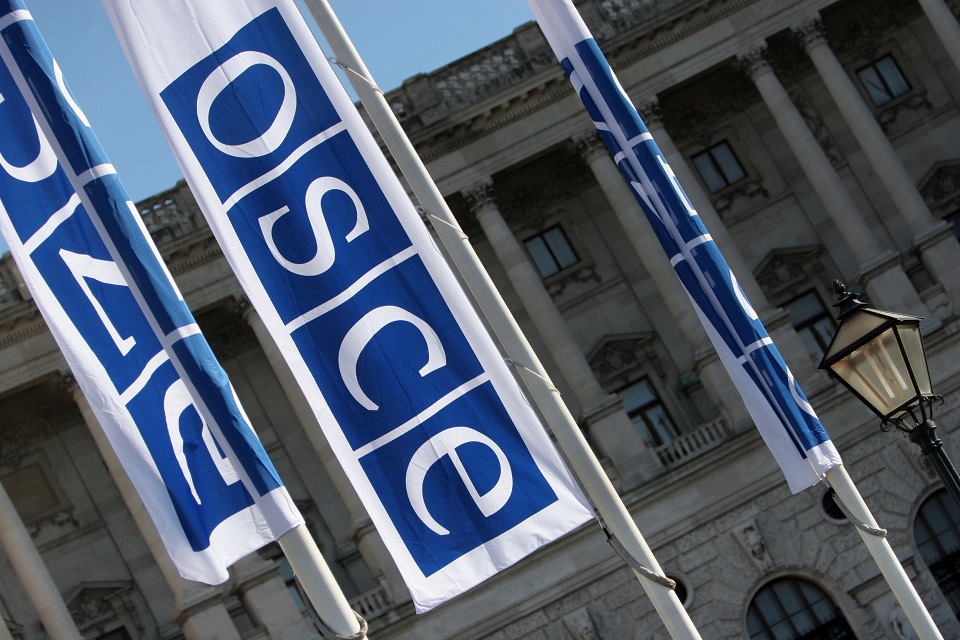OSCE's Director of Office for Democratic Institutions and Human Rights' response: UK statement
Delivered by Ambassador Neil Bush at the virtual OSCE Permanent Council on 14 May 2020.

Mr Chair - I would like to thank the Director of ODIHR for her presentation to the Permanent Council. The United Kingdom remains a strong supporter of ODIHR in its work to support participating States in implementing their OSCE human dimension commitments.
Let me thank you Director and your team for your hard work throughout 2019. This is clearly documented in the Annual Report, and you have highlighted it here today.
With such a comprehensive mandate, which is demonstrated by a wide range of activities in many states, I will not attempt to address the full extent of ODIHR’s work here.
However, let me mention briefly your work to monitor the right to freedom of peaceful assembly. We were delighted that ODIHR chose the UK as a State for assembly monitoring and that representatives of ODIHR visited London in December 2019 to observe demonstrations there. The right to freedom of peaceful assembly is essential for so many other aspects of democratic life. It is linked to both freedom of expression and freedom of association, and is a core part of electoral processes and of holding governments to account. We welcome the opportunity to share our experience of enabling the right to peaceful assembly and encourage other States to work with ODIHR in this field in the future.
We welcome ODIHR’s continuing work on gender equality, and that the pursuit of this is taken forward throughout all departments and all elements of their work, not as a standalone piece of work, or an after-thought. This can be seen throughout the Annual Report, and in the assistance from ODIHR to parliaments in adopting and enacting gender-sensitive legislation.
Looking ahead, this is clearly going to be a challenging year for States and for the OSCE’s institutions. In line with the recommendations being made by the World Health Organisation, States are rightly taking exceptional measures as they seek to halt the spread of COVID-19. However, some of these measures have potentially profound effects on individuals and societies, and impact on people’s enjoyment of their human rights.
ODIHR, together with the other OSCE institutions, has a clear role to play in supporting participating States uphold their OSCE commitments. You have identified some of the risks: hastily adopted legislation, a lack of parliamentary oversight and scrutiny, a risk of increased intolerance, discrimination and hate crimes; and as we discussed here two weeks ago, an increase in domestic violence and abuse.
We can also see that the elections calendar for 2020 has already been disrupted, with delays to planned elections already in place, and a pause in election observation plans. Let me take this opportunity to restate my and my country’s support for ODIHR’s independent election observation. This includes ODIHR’s election observation methodology.
Finally, a word on the role of civil society. During these unprecedented times, civil society is playing an essential role both in supporting communities and contributing to States’ responses. Civil society also provides a challenge function, identifying risks and shortfalls in States’ plans, as well as contributing to policy and decision making. It is crucial that space for civil society is respected, both in participating States and in OSCE fora.
To conclude - ODIHR is a vital organisation within the OSCE area – it is essential in upholding and helping to implement participating States commitments on human rights, fundamental freedoms and the rule of law. ODIHR is as essential as ever in 2020 and in the current circumstances we face. We wish all the very best to the Director and her able team and assure her of the UK’s full support.